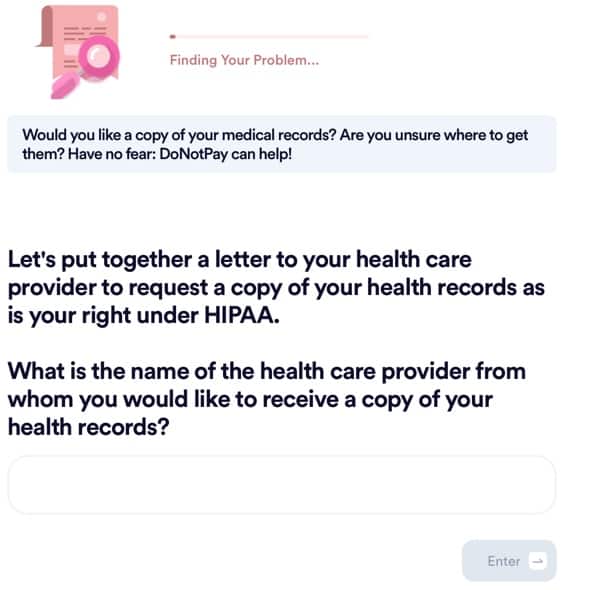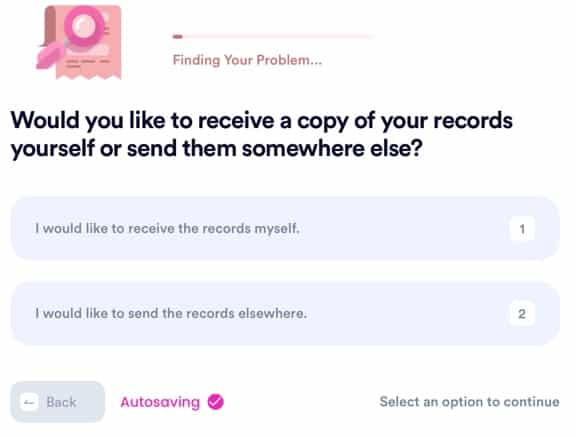How to Get Your Kaiser Fontana Medical Records
Patients can have direct access to their medical record information either by receiving a summary of their care, reviewing the record, or obtaining copies, thanks to state and federal laws.
So, if you need a copy of your medical records, you should contact the hospital, doctor's office, or clinic where you got treatment. Also, completing and signing an authorization for the hospital, office, or clinic will be necessary if you need to release your confidential medical record information.
Additionally, if you need to get your , understand that the reason behind such a request will dictate whether or not you will pay a fee to access the information.
Things You Should Know About Getting Your Kaiser Fontana Medical Records
The Medical Records You Can Request from Kaiser Fontana Medical Center
There are multiple that one may request, including specialists' reports, test results, discharge summaries, reports for surgeries, and doctor's notes.
For instance, after undergoing surgeries requiring implants like hernia surgery or knee replacement surgery, surgical notes will have information about the brand and model of the implant. Such details will be critical for recalls or when filing a lawsuit for a faulty product.
Note that every state has laws for the period that medical records should be kept. Most states will store such information anywhere between 5 to 10 years, and you can get a complete list of these details online.
Electronic copies of Kaiser Fontana medical records may also be available as secure emails, DVDs, USB flash drives, or CDs, and one can request for these formats as well.
You can contact Kaiser Fontana here:
| Address: | 9961 Sierra Ave
Fontana, CA 92335 |
| Phone: | 1-833-574-2273 |
| Hours: | Monday through Friday, 7 a.m. to 8:30 p.m. |
What Medical Records Can Your Provider Deny?
It is worth mentioning that HIPAA allows a patient access to almost all records with a few exceptions. Such exceptions typically include a provider's psychotherapy notes with impressions instead of diagnoses.
The bottom line is that a provider may deny particular medical records if they may lead to patient harm. Some of the Kaiser Fontana medical records you may be denied include;
- Any medical records that may endanger a patient's safety.
- Psychotherapy notes and other mental health notes may result in patient harm.
- Ongoing medical research pending completion.
- ER records specific to company or hospital procedure and not patient care.
- Records with information about other individuals or a third party that may be harmed by the release of such data.
- Information involving a lawsuit.
Actions to Take If Your Request for Medical Records Is Denied
Ensuring all the information necessary is provided and that all proper authorizations are signed is not an option when a provider denies a medical records request. For example, if a patient submitted a personal letter requesting their medical records, the following patient data should be in the original request.
You can also consider calling Kaiser Fontana medical records department to resolve any issues so you can access your medical records. Also, as a patient, if for any reason you believe that a provider violated your rights, you can file a complaint with the Office for Civil Rights (OCR).
Note that filing such a complaint by patients should happen within 180 days of the violation.
What Happens If You Need Medical Records from A Provider Who Is No Longer Practicing?
It is not unusual to find patients seeking records from a doctor that is no longer in practice. According to the law, such a doctor must transfer his or her records to another provider. On the other hand, if a doctor leaves a still operating practice, their patients' records will remain with the practice.
If another doctor buys such a practice, the new practice will maintain the same records. However, if a provider fails to leave patient details before leaving practice, a patient can put together records from the specialists, hospitals, and labs they previously visited.
An insurance firm can also offer the necessary assistance in such situations.
Insight into Accessing Your Medical Records Using DoNotPay
You can write your healthcare provider a clear, simple, and effective letter that will help you access legally-guaranteed health care records within no time through DoNotPay. Achieving that is possible by following the simple steps below.
- Look up medical records on DoNotPay’s website.

- Enter the name of the health care provider you’d like to receive medical records from.

- Answer a few questions about your provider and where you’d like to send the records.

And that's it! DoNotPay will send your request for medical records to your health care provider within a few days, and you should have your records received within a few weeks.
Reasons for Using DoNotPay to Get Your Medical Records
- It Is Easy – Using DoNotPay withdraws the need to fill out tedious forms and keep track of every step involved in getting your Kaiser Fontana medical records.
- Successful – Finding the help you need when using DoNotPay yields success.
- Speed – Avoiding delays and time-wastage is possible by opting to use DoNotPay.
Other Issues DoNotPay Can Handle
- Request sick leave
- Get assistance with an advance healthcare directive
- Send Demand Letters To anyone in small claims court
- Learn about medical records
- Electronic health records
- Medical records release form
- Kaiser medical records
- How long are medical reports kept
- How to request medical records
- Mercy medical records
- How to get my medical records
- Baptist medical records
- Cleveland medical records
Getting your Kaiser Fontana medical records can be a seamless process that takes a short period. That is what you can expect by with DoNotPay today!


